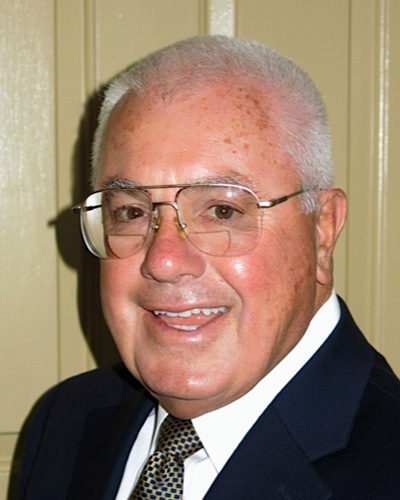Lore was recruited by Russ Mawby to lead fundraising for what would become the ConnectMichigan Alliance (CMA). This movement was in response to a growing concern that Michigan’s nonprofit sector would struggle without a robust network of volunteers and an infrastructure to manage it. Many key leaders realized that such a network’s success would be greatly dependent on consistent public and private funding, which was uncertain at the time. This uncertainty was compounded by the impending conclusion of Gov. John Engler’s administration, and so a campaign began to create a permanent endowment to promote and strengthen a lifelong ethic of service and civic engagement throughout the state of Michigan.
This initiative sought to build and strengthen Michigan communities by supporting existing nonprofits through promotion of volunteerism, advocacy and public policy, training and technical assistance, and direct programming. By housing all statewide volunteer and service-learning initiatives under one administration, CMA aimed to increase capacity and effectiveness while decreasing overall administrative cost and burden of supporting nonprofits.
Gov. Engler championed the creation of a $10 million 1-for-1 challenge grant by the State of Michigan, which was matched by funding from the nonprofit sector (private, family, and community foundations), the for-profit sector (corporations and sole proprietorships), and individuals. Lore, along with the founding leadership team*, worked tirelessly to help raise funds for the matching grant. It was a truly unusual effort, fundraising for an organization that was not yet in existence. Lore’s leadership, along with the stature and experience he recruited to the fund-raising team, resulted in the unprecedented, perpetually endowed $20 million public-private partnership to assure that voluntary efforts would continue in Michigan.
An innovative and collaborative initiative, it was achieved through sector-wide collaborative selflessness, including the decisions of the Michigan Nonprofit Association and the Michigan Community Service Commission to move both programs and endowments to the developing organization. Lore was asked to serve as president and CEO of CMA after its creation in 2001. In addition to the endowment Lore had helped raise, CMA housed many initiatives that focused on supporting volunteerism, including the Volunteer Centers of Michigan, Michigan Campus Compact, and America’s Promise, which were previously supported by MNA. In 2004 Lore stepped down from his leadership role at CMA.
Prior to his involvement with CMA, Lore worked extensively within Michigan’s institutions of higher education and served as director of alumni and development at Western Michigan University from 1966 to 1972. He was president of Nazareth College in Kalamazoo (now closed) from 1972 to 1980, and president of the Michigan Colleges Foundation (now called the Michigan Colleges Alliance) from 1980 to 1986.
Lore served as president/CEO of Ascension Health from 1986 to 2000. During this time, he oversaw the merger of the Daughters of Charity National Health System and the Sisters of St. Joseph Health System to form the largest nonprofit health care system in the world. At his retirement in 2000, the system included 120,000 employees and roughly 100 hospitals in 36 states.
Lore served on multiple boards including Learning to Give and the Nonprofit Council (a precursor to the Michigan Nonprofit Association) during the early years of their development. He served as chair for the Association of Fundraising Professionals in Washington D.C. from 1993 to 1994 and was a driving force in increasing the professionalism of the fundraising field by advocating the need for mentoring.
[On mentoring] “I just would say to all of the others, ‘Mentoring is your responsibility. I don’t care how high you are in the organization. You can be a vice president of a great university and so on. You have a responsibility … you have to be mentors. It’s the only way we’re really going to build that strength and professionalism for the future.’”
*Comprising the founding leadership team were Lore and the CMA campaign co-chairs: Michelle Engler, Michigan’s First Lady, Julie Fisher Cummings, Max and Marjorie Fisher Foundation, and William C. Richardson, CEO of the W.K. Kellogg Foundation.














